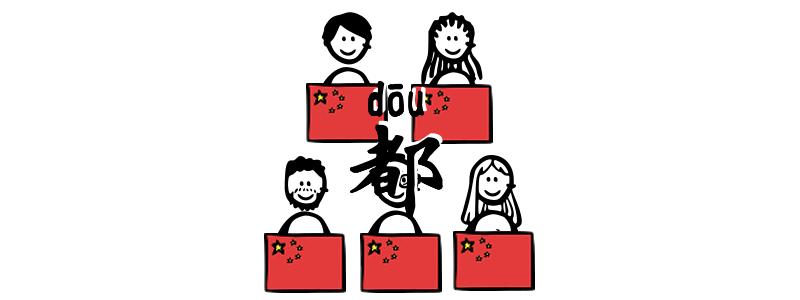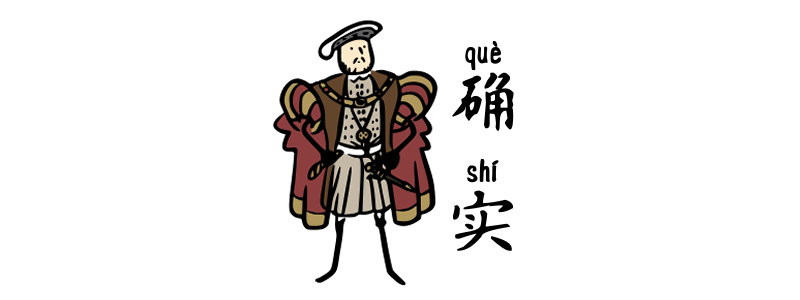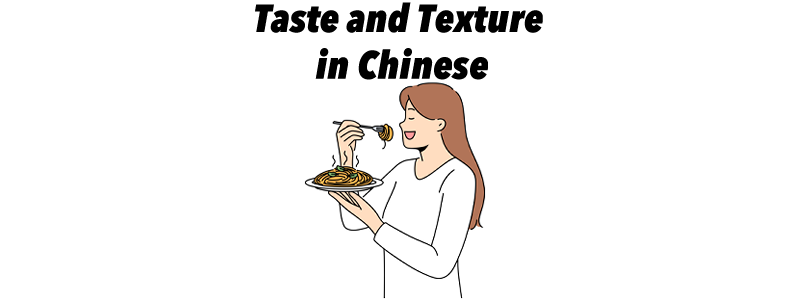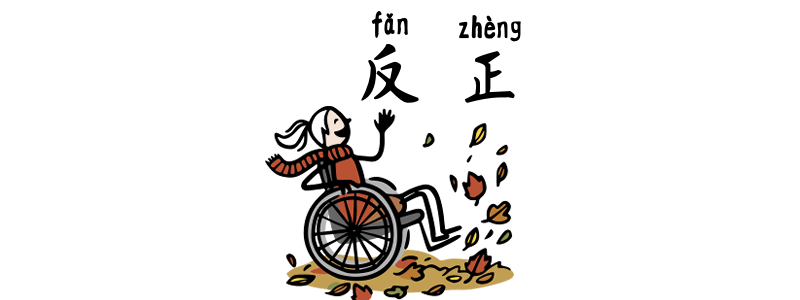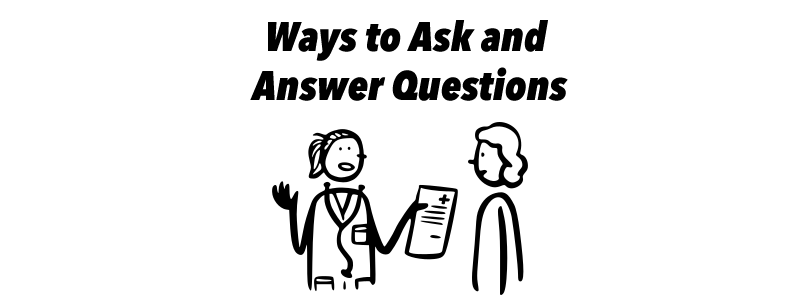Grammar Point:The adverb 都 dōu in Chinese is typically used to indicate “all” or “both” and can be placed before the verb or before the subject. It is commonly used in sentences to indicate that multiple things or people are involved in an action or state. Structure S + 都 dōu + V or SV…
Author: tiffany
“Indeed” in Chinese 1 – quèshí
Grammar Point:The word 確實确实 quèshí in Chinese is an adverb that means “indeed” or “truly.” It is often used to emphasize the truth or accuracy of a statement. Structure S + 確實确实 quèshí + Statement 他tā確實quèshí很hěn聰明cōngmíng他tā确实quèshí很hěn聪明cōngmíngHe is indeed very intelligent. 我wǒ確實quèshí不bù喜歡xǐhuān他tā我wǒ确实quèshí不bù喜欢xǐhuan他tāI truly do not like him. 我wǒ確實quèshí沒méi收到shōudào你的nǐde錢qián我wǒ确实quèshí没méi收到shōudào你的nǐde钱qiánI indeed did not receive your money. 確實quèshí有yǒu這zhè件jiàn事shì确实quèshí有yǒu这zhè件jiàn事shìThere is…
“Please” in Chinese – qiānwàn
Grammar Point:The Chinese word 千萬万 qiānwàn is an idiomatic expression that is often used to convey a sense of urgency, or strong advice. It can be translated in different ways depending on the context, but it generally carries the idea of “please” in English. Structure Qiānwàn + Neg + V When someone uses 千萬万 qiānwàn…
“Any” in Chinese – rènhé
Grammar Point:The Chinese word 任何 rènhé is a common phrase used in the language and can be translated to “any” or “whatever” in English. Structure 任何 rènhé + N + (都) 沒想到méixiǎngdào你nǐ和hé十年shínián前qián一模一樣yìmóyíyàng沒有méiyǒu任何rènhé改變gǎibiàn没想到méixiǎngdào你nǐ和hé十年shínián前qián一模一样yìmóyíyàng没有méiyǒu任何rènhé改变gǎibiànI didn’t expect that you haven’t changed at all in the past ten years. 我wǒ明天míngtiān都dōu在zài家jiā, 所以suǒyǐ任何rènhé時間shíjiān都dōu歡迎huānyíng你nǐ來lái我wǒ明天míngtiān都dōu在zài家jiā, 所以suǒyǐ任何rènhé时间shíjiān都dōu欢迎huānyíng你nǐ来láiI’ll be at home all day tomorrow, so…
Numbers in Chinese and tone changes for 1
In Chinese, numbers are typically structured in a straightforward and consistent manner. Here are the basic elements and rules for constructing Chinese numbers: Basic numerals: Chinese has a set of basic numerals that are used to represent the digits from 0 to 9. They are: 0️⃣ 1️⃣ 2️⃣ 3️⃣ 4️⃣ 零líng零líng 🔊 一yī一yī 🔊 二èr二èr…
Taste and Texture in Chinese
It’s just that diving into flavors and textures can be a bit dull, so let me also throw in some traditional Chinese snacks while we’re at it. Flavors/Taste – 味道 wèidào Dragon’s Beard Candy – 龍鬚糖/龙须糖 lóngxū táng To create Dragon’s Beard Candy, a mixture of maltose and corn syrup is heated, stretched, and folded…
“Anyway” in Chinese – fǎnzhèng
Grammar Point:The Chinese word 反正 fǎnzhèng is an adverb that is commonly used in spoken language and informal writing. It is similar to the English word “anyway,” but not exactly the same. Structure 反正 + Reason The difference between English and Chinese is that 反正 fǎnzhèng always needs a reason with it, unlike English where…
Absolutely in Chinese – juéduì
Grammar Point:The Chinese word 絕對绝对 juéduì is commonly translated to “absolute” or “absolutely” in English. It is used to describe something that is completely certain, or without any doubt. Structure As an Adjective 這zhè場chǎng比賽bǐsài韓國hánguó有yǒu絕對juéduì的de優勢yōushì这zhè场chǎng比赛bǐsài韩国hánguó有yǒu绝对juéduì的de优势yōushìIn this game, South Korea has an absolute advantage. 太太tàitai在zài家裡jiālǐ是shì絕對juéduì的de權威quánwēi太太tàitai在zài家里jiālǐ是shì绝对juéduì的de权威quánwēiMy wife is an absolute authority at home. 狗gǒu對duì人rén有yǒu著zhe絕對juéduì的de忠誠zhōngchéng狗gǒu对duì人rén有yǒu着zhe绝对juéduì的de忠诚zhōngchéngDogs have absolute loyalty to…
Ways to Ask and Answer Questions
In Chinese, there are several ways to ask and answer questions, and we’ll discuss the two most basic ones in this article. Question Structure S + V + O + 嗎/吗 ma This is the most simple and common yes-no question asking whether the person does it. 你nǐ吃chī飯fàn嗎ma? 你nǐ吃chī饭fàn吗ma? Do you eat? (This not a…
Fruits in Chinese
Fruits and Chinese Medicine In traditional Chinese medicine literature, fruits are classified into five different natures or properties: cold, cool, warm, hot, and neutral. The terms “cold” and “cool” as well as “hot” and “warm” share common characteristics in their effects, but they differ in their intensity, with “cold” being more extreme than “cool.” Fruits…
